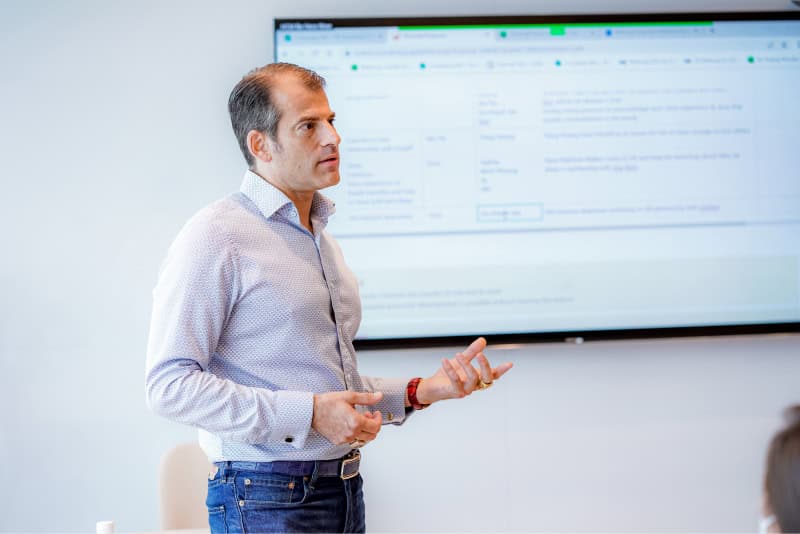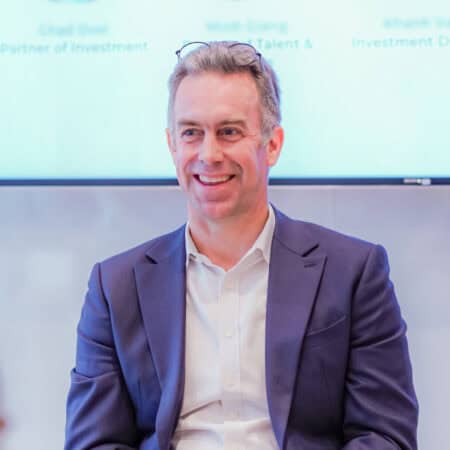
The Future of Emerging Markets Private Equity Requires Much Greater Competence Than the Past
Author: Chris Freund, Founder and Partner, Mekong Capital
September 17, 2018
———
The emerging markets private equity world is maturing.
10 to 20 years ago, all emerging markets private equity (PE) firms were nearly the same. They were early movers who tried to leverage “relationships” and “proprietary deal flow”. There wasn’t much track record to evaluate them against. Most were over-optimistic about the opportunities in the markets they covered, believing that a good macro environment would generally lead to investment success. They believed that “a rising tide lifts all boats”. Many raced to deploy capital in order to raise newer and bigger funds, and took advantage of some Limited Partners’ hunger to deploy a lot of capital. Some PE firms ultimately ended up raising a fund that was just too big and delivered poor returns.
Over time some PE firms consistently delivered much better performance than others. Now there are more players in the Private Equity market competing for capital and for investments, and there is a track record of many successful and failed investments, with lots of clear patterns in the data. In Vietnam alone, there have been more than 600 private equity investments and 200 full exits by more than 50 PE firms. This is no longer a frontier private equity market with early explorers discovering the lay of the land, rather this is a mature environment with lots of transparency and clear pathways to strong performance.
In today’s world, success in private equity in emerging markets depends on doing two things really well:
- Making the right investment decisions. This requires investment decision makers with an extensive track record of both successful and failed investments in the target market or very similar markets. I’m not talking about people with experience in mediocre funds, but people with experience in the best performing funds and an extensive knowledge of what has worked and didn’t work on those investments;
- Truly adding a lot of value as an investor. There are many legitimate approaches to adding value. All investors say they add value, but few really deliver it. A consistent track record of adding value is the best indicator of which investors really add value.
Nothing replaces extensive investment experience on an Investment Committee. Investors have lots of blind spots and often don’t know what they don’t know. New PE investors in a market tend to be overly optimistic. When Mekong Capital deployed our first fund from 2002 to 2005 I naively assumed that our investee companies would emerge as the leading private sector companies as part of a macroeconomic shift towards the private sector in Vietnam. But I missed about 20 other important criteria, like how to evaluate the quality of a management team and how open they are to continuous improvement. Luckily we learned and started making much better investments from 2006 onward, and it got even better once we had some big winners like MobileWorld and Golden Gate from which we could learn as well. PE firms with extensive facts and lessons learned from actual successful and failed investments have a huge advantage.
Adding value as an investor is like climbing a mountain with no top. It requires continuous learning from past experience, iterating towards what is working best, while moving away from what is not working. In Mekong Capital, we always tried to add value but initially we weren’t effective at it. In 2008 and 2009 we developed a framework for value creation called Vision Driven Investing, which has 14 components. The success of our investee companies has been strongly correlated to the degree to which those companies fully applied Vision Driven Investing. We are highly confident that the companies in our latest fund, Mekong Enterprise Fund III, will be consistently successful, as the investee companies in that fund are implementing Vision Driven Investing in a very disciplined and comprehensive way.
The future of emerging markets private equity is different from its past. The future of private equity in emerging markets is all about acting on data-driven insights about what works and doesn’t work, and ensuring there is a program executed with discipline to consistently add value to investee companies. At Mekong Capital, our shared vision is to reinvent the future of emerging markets private equity.

Click below to subscribe to Mekong Capital’s quarterly newsletter.
Mekong Capital makes investments in consumer-driven businesses and adds substantial value to those companies based on its proven framework called Vision Driven Investing. Our investee companies are typically among the fastest-growing companies in Vietnam’s consumer sectors.
In January 2022, Mekong Capital founder Chris Freund published Crab Hotpot, a story about a bunch of crabs who found themselves stuck in a boiling pot. The colorful cover of “Crab Hot Pot,” complete with expressive cartoon crustaceans, looks like a children’s tale at first glance. But as one continues reading, it becomes clear that the work has an important message about organizational transformation, leadership and focusing on a clear vision for the future.
The book is available on Tiki (Hard copy): bit.ly/38baF8a (Vietnamese) and Amazon: amzn.to/3yWunzG (English)






Leave a Reply